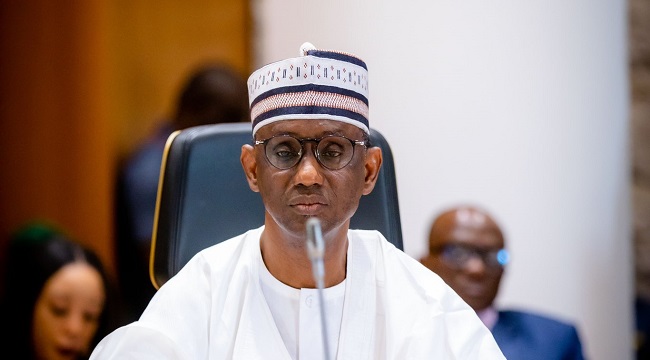The American Veterans of Igbo Descent (AVID) has responded critically to recent comments by Nigeria’s National Security Adviser, Mallam Nuhu Ribadu, linking the Indigenous People of Biafra (IPOB) to violent attacks across the country.
In a statement issued to journalists yesterday in Abuja and signed by its president, Chief Dr Sylvester Onyia, the group expressed concern that Ribadu’s public remarks could influence ongoing legal proceedings involving IPOB and its leader, Mazi Nnamdi Kanu.
AVID, which represents Americans of Igbo heritage who have served or are currently serving in the United States Armed Forces, stated that attributing the destruction of police stations and correctional facilities to IPOB was premature and could undermine judicial impartiality.
“The media campaign linking IPOB and the Eastern Security Network (ESN) to various attacks while court proceedings are still underway raises serious questions about respect for due process and the independence of the judiciary,” the group said.
The veterans cited testimony reportedly given on May 22, 2025, by a government witness (PW-BBB), which they claim indicates that the Department of State Services (DSS) operates under the coordination of the Office of the National Security Adviser.
They argued that public statements during active court trials could be considered prejudicial.
“Making definitive statements while the courts are still considering the matter sets a concerning precedent. Judicial matters should be left to the courts to determine based on evidence,” he added.
They also urged the Nigerian government to adopt a more balanced approach to addressing insecurity across the country, noting that several communities in the northern and central regions continue to suffer from violent attacks.
“Security challenges in Sokoto, Zamfara, Niger, Borno, Katsina, and parts of the Middle Belt remain pressing. A comprehensive approach that addresses all forms of insecurity without selective focus is necessary,” he said.
The group called on public officials to be cautious in their public statements, especially concerning sensitive legal and regional issues. It encouraged a national security strategy based on fairness, dialogue, and respect for human rights.





